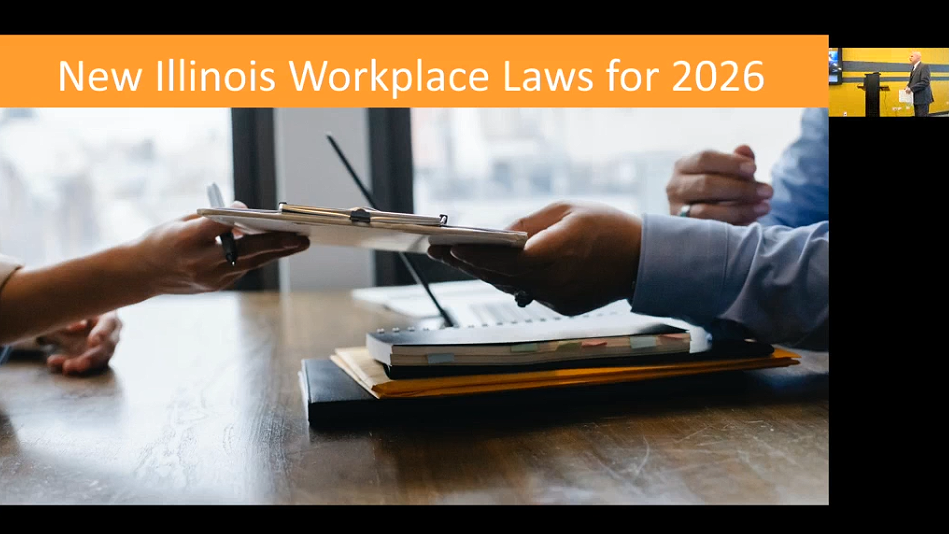Avoiding Taxes with Estate Planning – A Lavelle Law Breakfast Briefs Webinar
Lavelle Law • July 30, 2020
No one wants to pay taxes when they can be avoided. That is especially true with estate, gift, and inheritance taxes. Illinois is (unfortunately, but not surprisingly) one of the states that has its own level of estate tax, in addition to the taxes assessed at the federal level. But rest assured, there are strategies (some very simple) that can be instituted to avoid tax. In this webinar, the estate planning attorneys at Lavelle Law explain various methods to mitigate these taxes, including gifting strategies, irrevocable trusts, insurance planning, and other options that will help ease the burden for your family. Our panelists, attorneys Walser, Warens, and Gardner, outline the steps to take now to ensure the assets you leave to your loved ones are protected from unnecessary taxes.
If you have any questions regarding estate tax or estate planning in general, reach out to us at info@lavellelaw.com
to schedule a consultation with one of our estate planning attorneys.
More News & Resources
Lavelle Law News and Events

Beginning 3.1.26, new federal regulations issued by FinCEN will significantly affect how certain residential real estate closings are handled. Issued under the authority of the Bank Secrecy Act, the rule requires the reporting of specified non-financed residential real estate transfers involving legal entities & trusts











